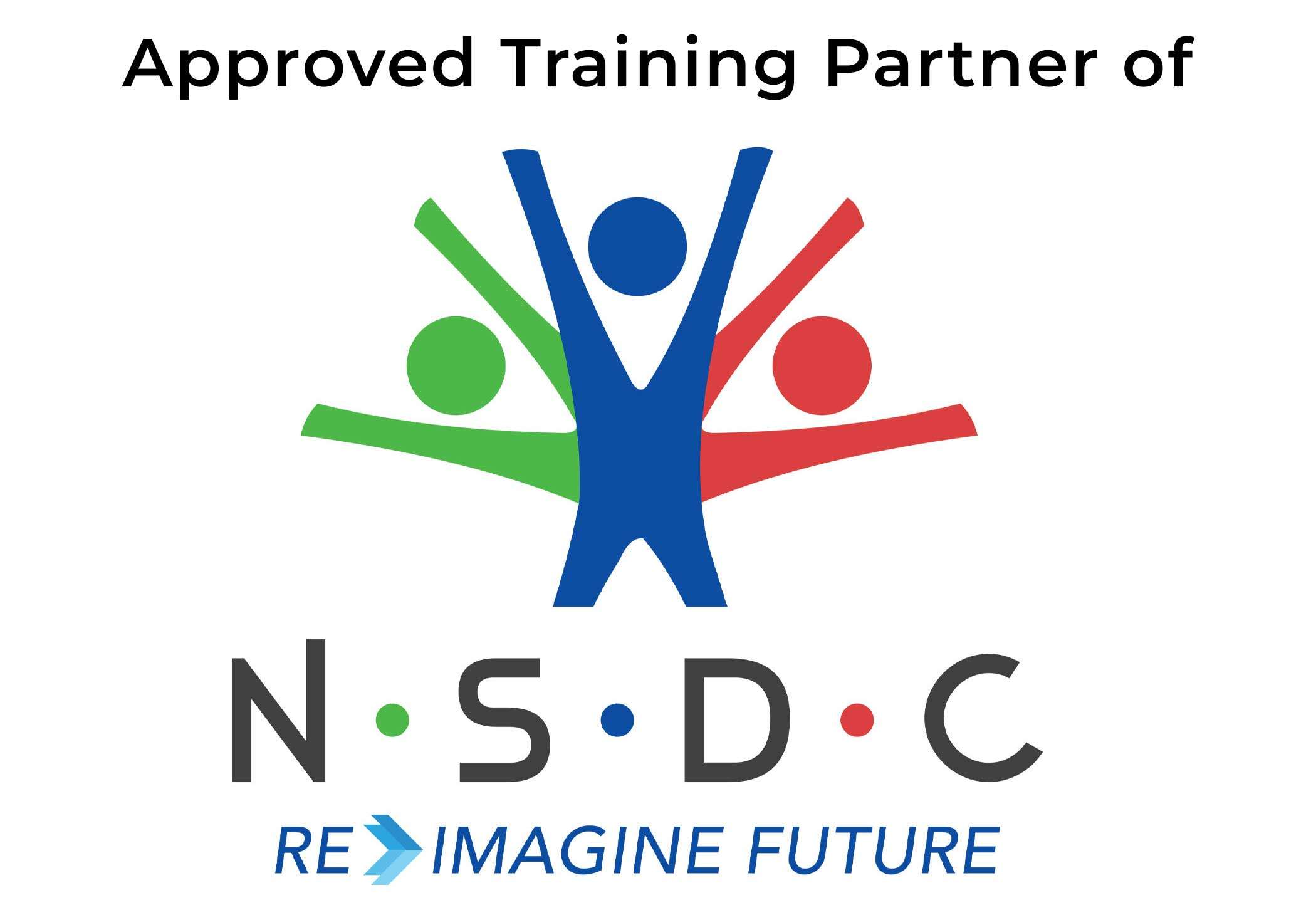Share
Top Career Opportunities After Completing an Investment Banking Certification

Investment banking is a lucrative and dynamic career field that offers vast opportunities for finance professionals.
With businesses constantly seeking financial advisory services, the demand for skilled investment bankers continues to rise.
Completing an Investment Banking Course equips aspiring professionals with the necessary expertise in financial modeling, mergers and acquisitions, and capital markets.
Earning a certification in investment banking not only enhances your resume but also opens doors to a variety of career opportunities in the financial sector.
Whether you aim to work with top banks, financial institutions, or global corporations, having the right skills and credentials can give you a competitive edge.
Why Choose a Career in Investment Banking?
Investment banking is one of the most sought-after professions in the finance industry due to its high earning potential and career growth opportunities.
Professionals in this field play a crucial role in managing mergers and acquisitions, raising capital, and providing financial advisory services. With businesses continuously expanding, the need for skilled investment bankers remains strong, making it an attractive Career in Banking.
To succeed in investment banking, individuals must develop strong analytical, problem-solving, and communication skills.
A certification in investment banking helps candidates gain practical knowledge of financial markets, valuation techniques, and risk assessment.
This specialized training prepares them for high-profile roles in banks, financial institutions, and corporate finance departments.
Top Career Paths After Investment Banking Certification
Completing an investment banking certification opens doors to various Career Paths After Investment Banking, offering diverse opportunities in the financial sector. Some of the most sought-after roles include:
Investment Banker:
Works on mergers, acquisitions, and capital raising for corporations and institutions.
Financial Analyst:
Evaluates market trends, prepares reports, and provides insights to guide investment decisions.
Risk Manager:
Identifies and mitigates financial risks to ensure investment stability.
Equity Research Analyst:
Conducts in-depth research on stocks, companies, and industries to assist investors in making informed decisions.
Wealth Manager:
Provides financial planning and investment strategies for high-net-worth individuals and institutions.
Corporate Finance Manager:
Manages financial activities like budgeting, capital structuring, and funding for large organizations.
Private Equity Associate:
Works with private equity firms to identify investment opportunities and manage portfolios.
Credit Analyst:
Assesses the creditworthiness of individuals and businesses to guide lending decisions in banks and financial institutions.
These career paths offer excellent progression, high earning potential, and opportunities to work with top financial firms.
Obtaining the right certification enhances employability and builds a strong foundation in investment banking principles.
Banking and Finance Opportunities Beyond Investment Banking
While investment banking is a lucrative field, an Investment Banking Course also prepares professionals for various other roles in the Banking and Finance Course domain.
These opportunities extend beyond traditional investment banking and offer diverse career options:
Asset Management:
Professionals manage investment portfolios for individuals, corporations, and institutions to maximize returns.
Treasury Management:
Focuses on cash flow management, financial risk assessment, and liquidity planning for businesses.
Financial Consulting:
Experts provide advisory services on investment strategies, financial planning, and business expansion.
Fintech Specialist:
With the rise of digital banking, fintech roles involve working on financial technologies like blockchain, AI-driven trading, and digital payments.
Hedge Fund Analyst:
Works with hedge funds to analyze investment opportunities and manage high-value portfolios.
These roles offer dynamic career paths with strong growth potential in the evolving financial sector.
Whether in corporate finance, fintech, or wealth management, a certification in investment banking provides a solid foundation for success.
How to Kickstart Your Career After Certification
Earning an investment banking certification is just the first step toward building a successful career in finance.
To maximize your opportunities and secure a top role, follow these essential steps:
Gain Practical Experience:
Internships and entry-level positions provide hands-on exposure to financial markets, deal structuring, and valuation techniques.
Network with Industry Professionals:
Connecting with experts through seminars, LinkedIn, and finance communities can help you access job openings and mentorship opportunities.
Develop In-Demand Skills:
Enhance your knowledge in financial modeling, data analysis, and risk assessment to stand out in the competitive job market.
Stay Updated with Industry Trends:
The financial sector evolves rapidly; staying informed about market changes, regulations, and investment strategies is crucial.
Leverage Career Support Services:
Many training programs offer career guidance, resume-building support, and placement assistance to help graduates secure jobs.
By strategically applying these steps, you can transition smoothly into a rewarding career in investment banking or related financial fields.
Enroll in a Professional Investment Banking Course
To secure a top role in investment banking or any related financial field, enrolling in a professional Investment Banking Course is crucial.
A well-structured course not only provides you with essential knowledge but also enhances your practical skills, making you highly attractive to employers.
Learning from industry experts and gaining hands-on experience through case studies and simulations helps build confidence and competence.
A comprehensive program prepares you for various career paths in investment banking, asset management, and other financial sectors. Moreover, many leading institutions like TSCFM offer placement assistance, ensuring that graduates have a higher chance of landing a job at top financial firms.
By choosing the right course, you lay the foundation for a successful career in banking and finance.
Ready to take the next step?
Explore TSCFM’s Investment Banking Certification Program and get started on your career journey today.
Want a Successful Career?
Fill up this form for a free career psychometric test & a 30 min career guidance session with our advisor.






